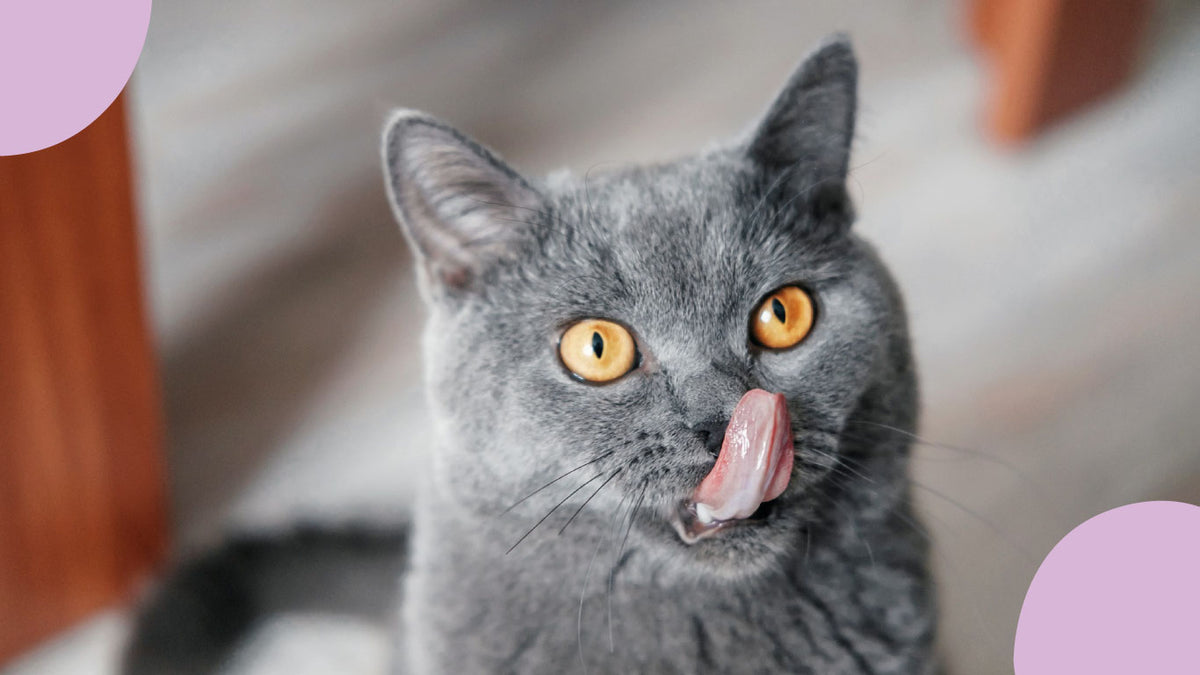"Give One's Tongue to the Cat": The History Behind the Expression

You have probably used the expression "give up one's tongue to the cat" at least once in your life, but have you ever wondered where it comes from? Although it may seem harmless today, this popular expression has an intriguing origin worth discovering. Let's dive together into the fascinating history of this phrase.
- Origins and History
- What Does "Give Up One's Tongue to the Cat" Mean?
- The Cat: A Keeper of Secrets
- Learn More
- FAQ
Origin of the Expression
In the past, the expression "throw one's tongue to the dogs" was more commonly used, meaning one gave up on a question or riddle, symbolically handing over their speech to an animal often seen as inferior. However, in the 19th century, the dog was replaced by the cat. This change wasn't random, as cats have long been perceived as mysterious and wise creatures capable of keeping secrets.
In some regions, it was common to say that one "abandoned their share to the cats," referring to ancient beliefs where cats were seen as capable of receiving and keeping information, especially secrets. In George Sand's novel La Petite Fadette, she even mentions "putting something in the cat's ear" to signify forgetting or confiding a secret. Thus, the expression "give up one's tongue to the cat" gradually replaced dogs, reinforcing the image of the cat as a keeper of mysteries.
What Does "Give Up One's Tongue to the Cat" Mean?
"Give up one's tongue to the cat" means to give up answering a question, to admit one doesn't know the answer, and to ask someone else to reveal the solution. This expression is used when one faces a riddle or question that's too difficult and eventually gives up the hope of finding the answer on their own.
But why a cat? Cats have long been associated with mystery, independence, and intelligence. They are seen as creatures that know things we do not. Hence, the expression makes sense: if we cannot find the answer, we may as well give it to a cat, who silently and secretly might hold the solution.
The Cat: A Keeper of Secrets
Unlike dogs, who are often seen as loyal and obedient, cats are mysterious, independent, and sometimes enigmatic. In many cultures, notably Ancient Egypt, they were revered for their wisdom and protective role. It’s no surprise, then, that the cat became the keeper of our linguistic secrets.
In popular culture, the cat is often portrayed as an animal that silently observes and listens. Its reputation as a keeper of secrets is reinforced by its discreet behavior and apparent indifference to human drama. This role as a silent confidant has endured throughout the ages and remains associated with this mysterious feline today.
An Expression That Stands the Test of Time
In France, this expression has stood the test of time and has become deeply rooted in our language. It is used both in everyday speech and literary works, always evoking the image of abandoning the search for the truth. Moreover, it fits into a broader context where many animal-related expressions dominate our daily vocabulary, reinforcing our cultural connection with domestic animals.
The Cat in the French Language
The expression "give up one's tongue to the cat" is just one of the many ways cats have made their way into the French language. We also find them in expressions like "having a cat in one's throat" or "landing on one's feet", demonstrating their symbolic importance in our culture. These animals, both mysterious and graceful, continue to enrich our daily lives, whether in our homes or in our expressions.
Want to Learn More?
If you're fascinated by cat behavior and want to learn more about how they communicate, don't hesitate to check out our article on why your cat licks you. You'll discover the reasons behind this behavior and gain a better understanding of your loyal companion's gestures.
🐾 Curious to know why your cat licks you? Don't stay in the dark!
Conclusion: A Well-Kept Secret
In short, the expression "give up one's tongue to the cat" perfectly reflects our fascination with this enigmatic animal. A guardian of secrets, a silent witness to our confidences, the cat has become much more than just a pet over the centuries. It embodies mystery, independence, and sometimes the wisdom we attribute to those who know how to listen.
FAQ
The expression "Give up one's tongue to the cat" means giving up the search for an answer to a difficult or puzzling question. It implies that one gives up guessing and asks someone else to reveal the solution.
Historically, people said "throw one's tongue to the dogs," but in the 19th century, the expression evolved to include the cat. The cat, seen as mysterious and a keeper of secrets, gradually replaced the dog in this expression.
The expression originates from an old tradition where cats were seen as keepers of secrets. It appears in 19th-century literature, notably in the works of George Sand and the Goncourt brothers.
Yes, "give up one's tongue to the cat" is still used in French to indicate that someone is giving up on answering a difficult question, and it is well established in popular language.
Yes, the cat appears in several French expressions like "having a cat in one's throat" or "landing on one's feet," which shows the symbolic significance of this animal in our culture.





